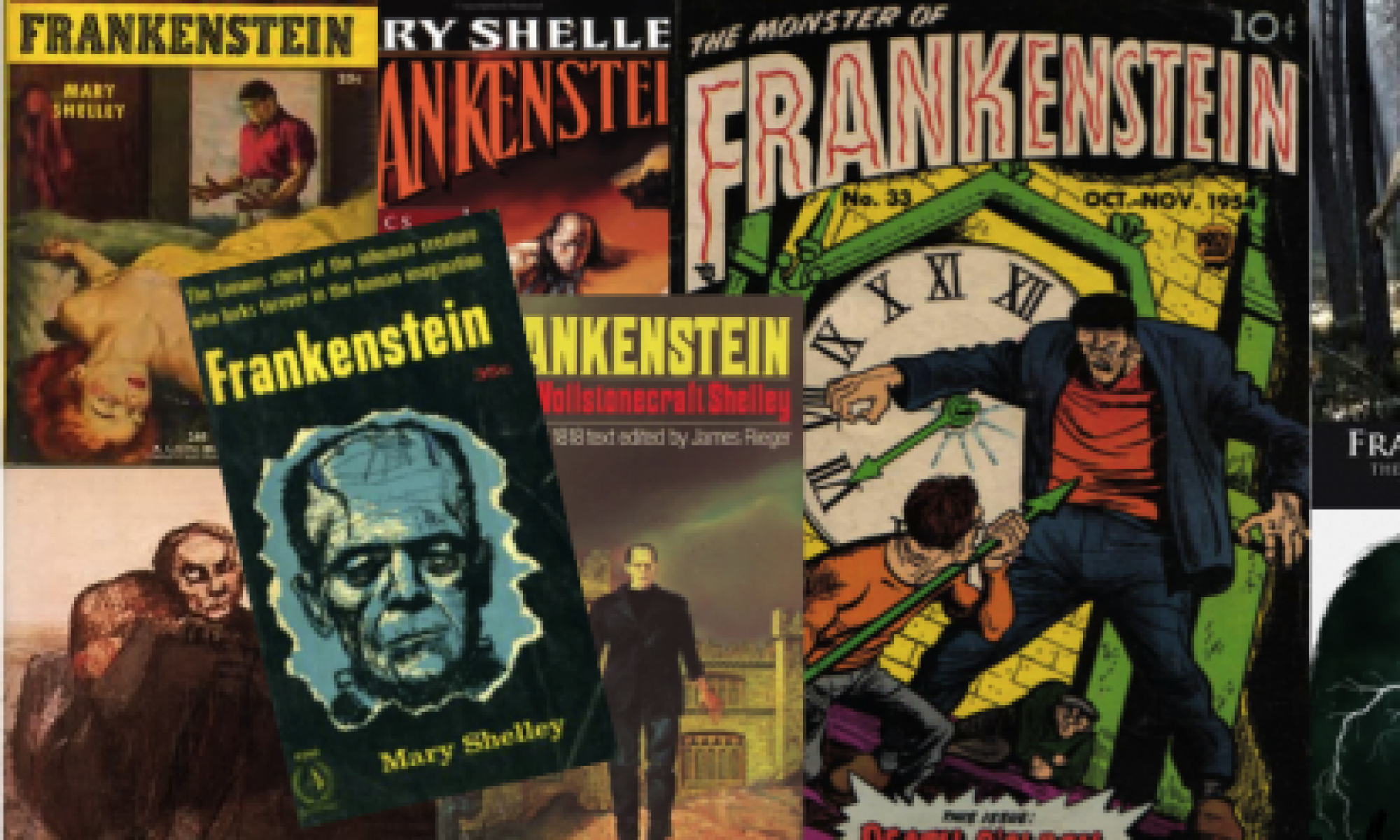Near the end of the second chapter in J.M. Coetzee’s Foe, Susan Barton and Friday are on their way to Bristol in order to catch a ship that will take Friday back to Africa. Along their journey, they come across a stillborn baby in a ditch. Susan leaves the baby, but as she awakes the next day, she begins to think about Friday and his possible cannibalism. “Had I not been there to restrain him, would he in his hunger have eaten the babe… Cruso had planted the seed in my mind, and now I could not look on Friday’s lips without calling to mind what meat must once have passed them” (pg. 106). Up to this point in the story, Friday had never shown any signs of being aggressive or violent towards anybody, especially Susan. Regardless of Friday’s seemingly docile nature through the entire time that she has known him, she still fears that Friday possesses cannibalistic tendencies. Why exactly I wanted to focus on this specific part of the story is because of the societal implications of the time. It is essential to bring up the fact that J.M. Coetzee is a South African author who published Foe in 1986. From the late 1940s to the early 90s, institutionalized racial segregation, that went by the name “Apartheid”, was enforced in South Africa. Coetzee adapts the story of Robinson Crusoe and utilizes one of its main characters, Friday, in order to comment on the racial injustice that was going on in South Africa at the time. Apartheid was an effort to separate white and non-whites. This era in South African history was marked by white supremacy that was fueled by a fear of the black majority within the country. When Susan believes that Friday could have eaten the baby if she had not been there with him, her fear of what Friday could potentially be capable of draws parallels to the fear that the white minority had during the time. Cruso talks about Friday’s cannibalistic background on page 12 of Foe, “He would tell stories of cannibals and how Friday was a cannibal whom he saved from being roasted and devoured by fellow cannibals”. This quote taps into the theme of white colonialism, in that he “saves” Friday, which henceforth exemplifies a trite archetype which is that of the “heroic white male”. It should be noted that by this point in the story, Susan doubts the credibility behind Cruso’s stories as she would state, “I did not know what was the truth, what was lies, and what was mere ramblings.” Despite her reluctance to believe everything that he says, she still chooses to dwell on his claims regarding Friday’s “dark” past. This can be a by-product of her preconceived notions about Friday, as a result of his physical appearance, as shown by her reaction to the first time she saw Friday, stating that, “I have come to an island of cannibals” (pg. 6). Cruso “planting the seed” in Susan’s mind can represent how South Africa’s government was giving the white minority the idea that the non-white majority was, in fact, dangerous, which in turn gave the government reason to implement separation. Friday’s “cannibalism” acts as a statement on the given perception of certain races and how others, regardless of their actual relationship to people of that certain race, will never look past the stereotypes that have been perpetuated by society. Susan, regardless of the tranquil treatment that Friday had given her thus far in the story, never seems to neglect Cruso’s comments about Friday’s cannibalistic upbringing. Her thoughts about Friday are perpetuated by stereotype and a fear of a race that she does not fully understand. In Foe’s original source material, Friday was brought up as a cannibal and his people were referred to, by Crusoe, as savages. Crusoe takes Friday under his wing and essentially becomes his master which in turn “civilizes” Friday. Crusoe represents the white colonizer who takes a non-white individual, who is initially deemed as primitive and attempts to instruct them. Friday is considered a second-class citizen to Crusoe, in the same way that blacks were perceived by the white man in South Africa. Coetzee is criticizing this colonialist narrative that Robinson Crusoe possesses by showing the contradictions between negative perception and reality. Friday’s lack of a tongue and his inability to speak also relay this idea to me that, those in power have such a strong voice that their views trump those who possess less. Friday is voiceless and we do not get a real sense of what he is thinking or who he really is. The same way that many black South Africans had very little of a voice during Apartheid, as their views were trumped by the incorrect assumptions of white supremacists. Friday’s silence draws commonality to the lack of the dimension that whites perceived non-whites with, as their perception was based almost solely on a negative stereotype.
The source that gave me historical context:
